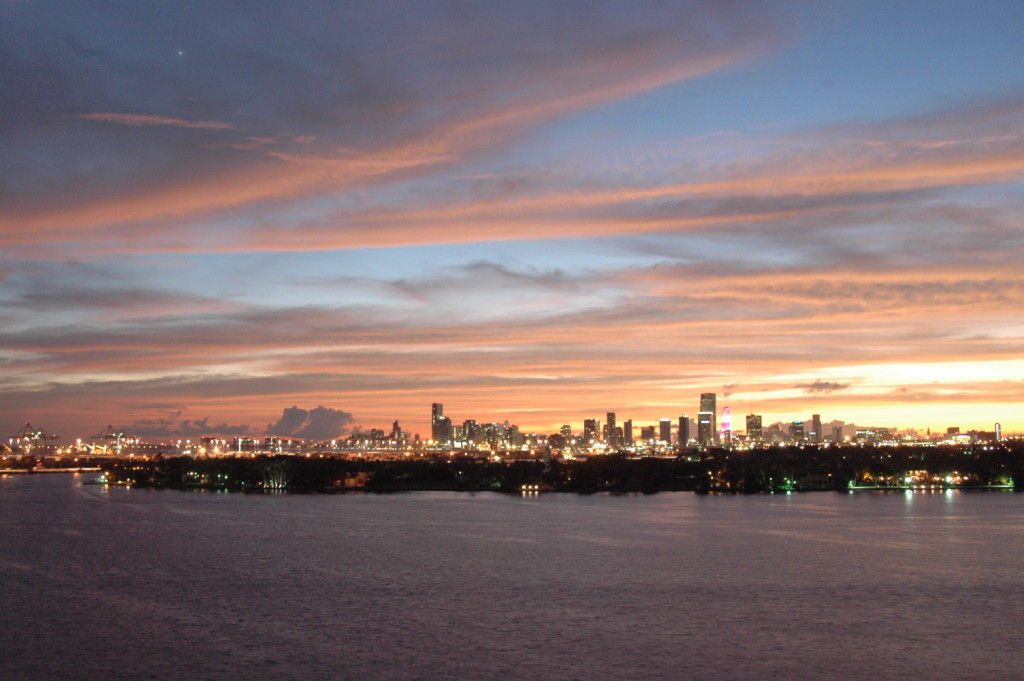Did you know that only 28% of Greater Miami’s residents speak English at home? Miami being a Spanish-speaking city isn’t just a myth. Everyone jokes about needing a passport to visit Miami and that the city’s first language is Spanish. But it’s not just a joke; in Miami, more people speak Spanish than English. According to data compiled in 2010 by the Modern Language Association, of Miami-Dade County, Florida’s 2.3 million residents over the age of five, only 28% – around 644,000 – speak English as a first language at home. Spanish ranks Number One, at 1.5 million speakers, or roughly 64% of the overall population of the county (over five years of age, that is). Haitian Creole, Haiti’s official language along with French, comes in third at almost 97,000 speakers, or a scant 4.2% of the over-five population, while French and Portuguese round out the top five, with less than 1% each.
Reflecting the demographic make-up of the region, Miami-Dade County has three official languages – English, Spanish, and Haitian Creole – in which all county documentation, from voting registration forms to court summons to school board notices, must be printed. While more obvious reasons for the shifting of Miami’s primary language from English to Spanish over the second half of the 20th century and into the 21st include economic and political instability throughout the Caribbean and Latin America, many of the people who lamenting the decline of English forget that the name Florida itself is a Spanish word meaning “florid” or “flowery.” That’s not all; the name Miami is derived from that of the Mayaimi Indians who lived around nearby Lake Okeechobee when the Europeans first arrived. The Mayaimi’s linguistic cousins, the Tequestas, lived in what is now Miami and they didn’t speak English at home either.
That said, add a little bit of instrumentation to all these languages and you’ve got the incredible mash-up of the Miami music scene. Salsa, samba, soca, and every riddim in between thumps out of open car windows and on nightclub dance floors. So while you may have to speak Spanish to that gas station attendant (diez en la doce means “$10 on pump 12”), you’ll also get to work on your reggaeton moves as you pump.

